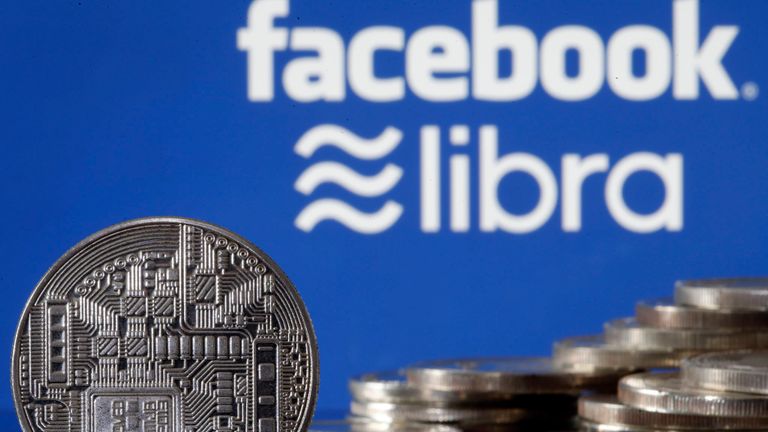As the decentralised ledger technology (DLT) space becomes more and more mainstream, companies from all around the world are beginning to divert significant resources to the space in an attempt to capitalise on the benefits of the new technology. The biggest move to date has come from social media giant Facebook.
Facebook wants to transform the global financial system, creating a single global cryptocurrency it calls Libra. Libra, it claims, will ‘empower billions of people’ worldwide, helping to reverse the inequality of access to the financial system faced by the most impoverished in the world. But what is Libra? And why does Facebook think it is best suited to lead this empowerment?
Let’s take a look at the detail.
Firstly, Libra will essentially be a stablecoin – a cryptocurrency that is backed 1:1 with either a traditional currency (such as the US dollar) or a stable asset. As a consequence, unlike its widely volatile cousin Bitcoin, Libra’s value should remain relatively stable. Secondly, Libra will be built using blockchain technology, enabling it to take advantage of decentralisation, security and scalability. And finally, an independent development body dubbed the ‘Libra Association’ will be put in charge of Libra’s early development before ensuring its smooth transition to a fully decentralised stablecoin. Given that Facebook has a reach of over 2 billion people in most countries in the world, Facebook has the unique opportunity to instantly do what other evangelists of a global decentralised financial system can’t.
The benefits are clear for those in underdeveloped countries who lack access to even the basic instruments of finance. There would be no need for large scale investment in local financial infrastructure, which many underdeveloped countries cannot afford. Additionally, individuals wouldn’t have to worry about the negative effects of ill-thought out monetary policies which could eradicate their savings (think Zimbabwe and Venezuela). But despite these advantages, Libra has attracted a surprisingly negative reaction. The cryptoworld has denounced the project as a capture effort by a centralised corporate entity for the purposes of profit – the very type of organisation the movement wants to dismantle. More notably, a committee representing the G7 group of nations labelled Libra as a potential
‘threat to global financial stability’
taking control of monetary policy away from central banks and suggesting regulations in the area should be tightened as a result.

Facebook’s CEO Mark Zuckerberg has even been summoned in front of a congressional committee to answer questions about Libra and privacy – a first for any DLT related product. Consequently, many early backers of the project, including payment processing giant PayPal recently withdrew their support. Nevertheless, Facebook is determined to push ahead with the project, despite recognising the negative reaction from the public, business and government. And with China’s premier announcing a new Chinese effort to engage with DLT and cryptocurrencies in competition with the West, Facebook may be anticipating a widespread change of heart.
Image: engadget.com

